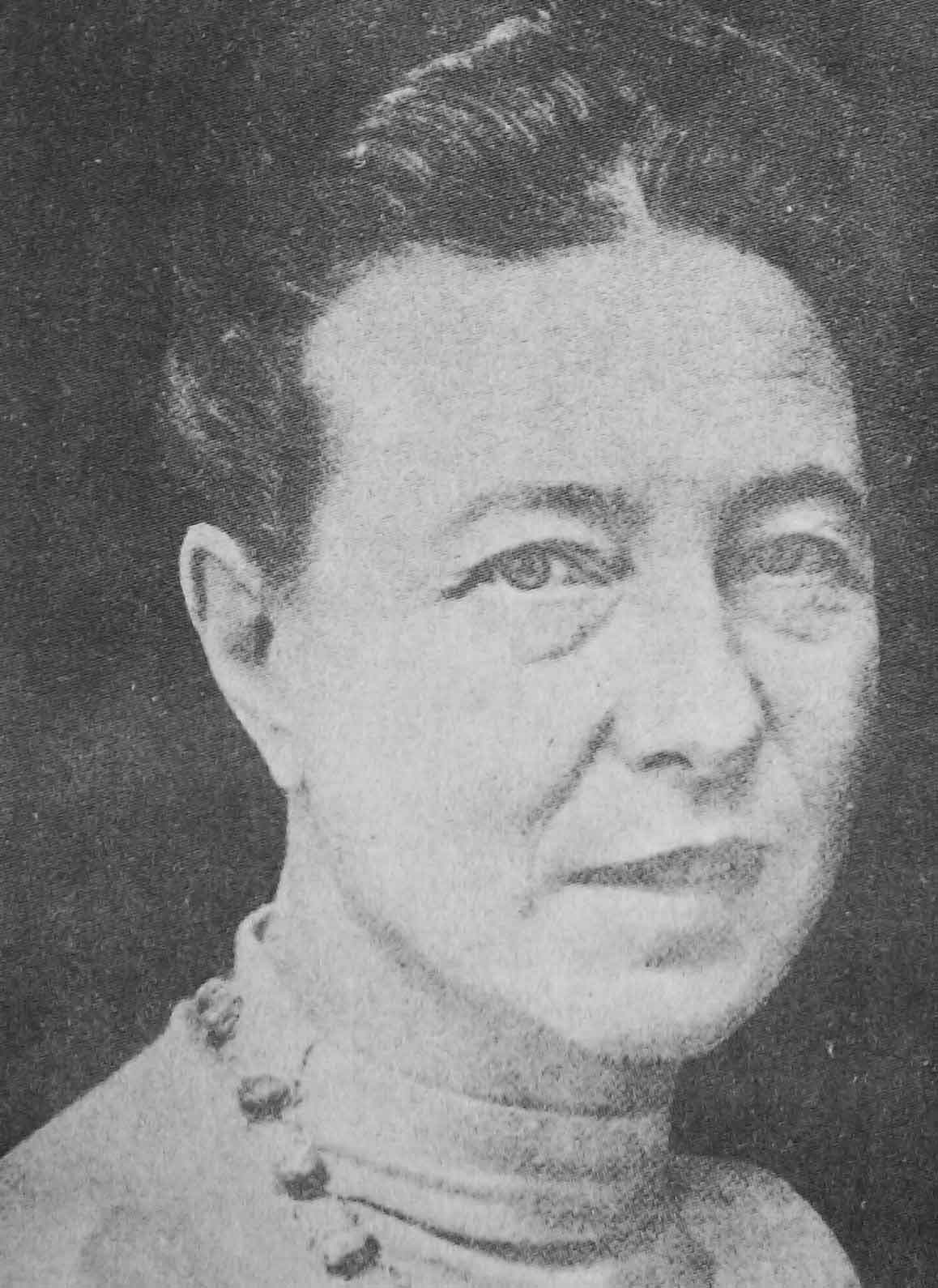Simone de Beauvoir nejznámější citáty
Simone de Beauvoir: Citáty o ženách
Simone de Beauvoir: Citáty o lásce
Simone de Beauvoir citáty a výroky
Simone de Beauvoir: Citáty anglicky
“The body is the instrument of our hold on the world.”
Zdroj: The Second Sex
“I was very fond of Lagneau’s phrase: “I have no comfort but in my absolute despair.”
Zdroj: Memoirs of a Dutiful Daughter
Pt I, Ch. 4: Old age in present-day society, p. 263
The Coming of Age (1970)
On her work All Men are Mortal in Force of Circumstances (1963), p. 73
General sources
“The power he exercises is no more dictatorial than, for example, Roosevelt's was.”
On Mao Zedong, in The Long March (1957), as quoted in "Mao and the Australian Maoists" by Keith Windschuttle, in Quadrant (October 2005) http://www.sydneyline.com/Mao%20and%20Australian%20Maoists.htm
General sources
Regina
All Men are Mortal (1946)
Pt. III : The Positive Aspect of Ambiguity, Ch. 3 : Freedom and Liberation
The Ethics of Ambiguity (1947)
“Try to stay a man amongst men … There's no other hope for you.”
Marianne to Raimon
All Men are Mortal (1946)
“Each of us is responsible for everything and to every human being.”
Fyodor Dostoevsky in The Brothers Karamazov; this was used as an epigraph in The Blood of Others, and is sometimes attributed to de Beauvoir
Misattributed
“A Dialogue with Simone de Beauvoir,” in Betty Friedan, It Changed My Life: Writings on the Women’s Movement, (New York: Random House, 1976), p. 397 https://books.google.com/books?id=iv4-Qy82BJ0C&pg=PA397&lpg=PA397.
General sources
Pt. 2, Ch. 1: The discovery and assumption of old age: the body's experience, p. 288
The Coming of Age (1970)
Une telle morale [la morale existentialiste] est-elle ou non un individualisme? Oui, si l’on entend par là qu’elle accorde à l’individu une valeur absolue et qu’elle reconnaît qu’a lui seul le pouvoir de fonder son existence. Elle est individualisme au sens où les sagesses antiques, la morale chrétienne du salut, l’idéal de la vertu kantienne méritent aussi ce nom ; elle s’oppose aux doctrines totalitaires qui dressent par-delà I’homme le mirage de l’Humanité. Mais elle n’est pas un solipsisme, puisque l’individu ne se définit que par sa relation au monde et aux autres individus, il n’existe qu’en se transcendant et sa liberté ne peut s’accomplir qu’à travers la liberté d’autrui. Il justifie son existence par un mouvement qui, comme elle, jaillit du coeur de lui-même, mais qui aboutit hors de lui.
Cet individualisme ne conduit pas à l’anarchie du bon plaisir. L’homme est libre ; mais il trouve sa loi dans sa liberté même. D’abord il doit assumer sa liberté et non la fuir; il l’assume par un mouvement constructif : on n’existe pas sans faire; et aussi par un mouvement négatif qui refuse l’oppression pour soi et pour autrui.
Conclusion http://www.marxists.org/reference/subject/ethics/de-beauvoir/ambiguity/ch04.htm
The Ethics of Ambiguity (1947)
Conclusion, p. 542
The Coming of Age (1970)
“What has value in their eyes is never what is done for them; it's what they do for themselves.”
Zdroj: All Men are Mortal (1946), p. 315
On her relationship with Jean-Paul Sartre, as quoted in "Did Simone de Beauvoir's open 'marriage' make her happy?" http://www.theguardian.com/world/2005/jun/10/gender.politicsphilosophyandsociety by Lisa Appignanesi, in The Guardian (9 June 2005) and her book Simone de Beauvoir (2005), p. 36, ISBN 1904950094
General sources
